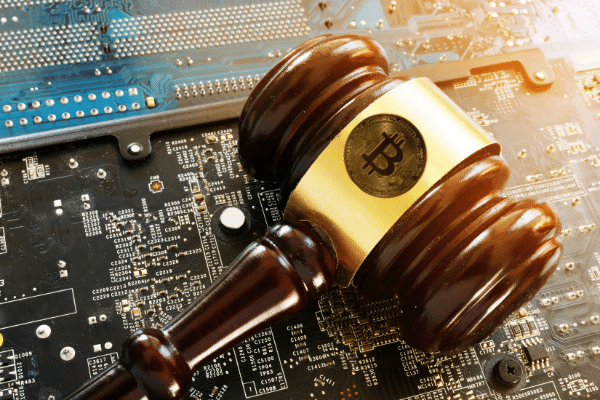
- Biden administration showing more proactiveness to co-ordinate the regulation of cryptocurrencies
- Regulators are being seen to work together to carve up jurisdictional boundaries, which should bode well for the longer term development of the industry
For years, some corners of the cryptocurrency universe have been calling out for regulation, to not just protect investors, but also to provide gates for rent-seeking regulated entities to demand their pound of flesh.
And for years, the world’s most important financial market regulators sat on their hands and left the cryptocurrency space to its own devices.
But that may all be set to change as U.S. financial regulators are preparing to take a more active role in regulating the US$1.5 trillion (and dropping) cryptocurrency market as concerns grow that a lack of proper oversight risks harming savers and investors.
Marking a break from the laissez-faire approach of the Trump administration, the Biden administration is starting to sort out which body has regulatory jurisdiction over which aspect of the volatile digital asset market
In an interview with the Financial Times, Michael Hsu, who was installed just last month as the acting comptroller of the currency said that he hoped U.S. officials would work together to set a “regulatory perimeter” for cryptocurrencies.
Speaking with the Financial Times, Hsu said,
“It really comes down to co-ordinating across the agencies. Just in talking to some of my peers, there is interest in co-ordinating a lot more of these things.”
Those sentiments could pave the way for a highly sought-after U.S. Bitcoin ETF, something that the U.S. Securities and Exchange Commission is set to decide on June 13, under the supervision of the crypto-savvy Gary Gensler.
This month, officials part of an inter-agency cryptocurrency “sprint” team, including the three leading federal bank regulators, the Office of the Comptroller of the Currency, the Federal Reserve and the Federal Deposit Insurance Corporation held their first meeting.
Regulators globally have been having to play catch-up with the rapid development of cryptocurrencies and some jurisdictions like China, have been cracking down hard on the sector, while others like Europe and the U.S. have adopted a more wait-and-see approach.
The rapid rally in cryptocurrency prices over the past year has seen an increase in urgency by lawmakers to understand the digital asset sector, as well as provide the regulatory framework to protect investors.
Last week, SEC Chairman Gensler told a House committee that there are “gaps in our current system,” pointing to a potential need for legislation to specify which regulators should oversee cryptocurrency exchanges.



